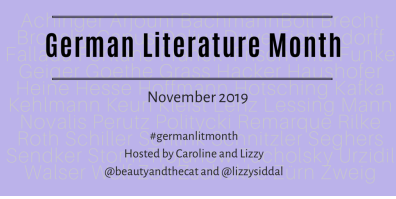
Poetry is a genre that is rather neglected by the book blogging community. And I think that’s a real pity. Therefore I didn’t want to let this year’s edition of German Literature Month pass without including one or two posts about German-language poets.
One of the best German poetry books I picked up in the last years is the collection Transylvanian Speaking Exercise (Siebenbürgische Sprechübung) by Franz Hodjak. The book collects the best poems of several previous poetry books by him and includes also a few that were published in journals only. An instructive afterword by the poet and editor of the volume Werner Söllner gives additional valuable information on the author and his background.
Hodjak was born 1944 in Sibiu (Hermannstadt) in Romania and lived later for many years in Cluj (Klausenburg). Transylvania and the Banat are home to a German-speaking minority since hundreds of years; also a Hungarian minority lives there. The number of native German speakers is dwindling, migration to Germany has reduced the minority considerably in the last decades. Especially in the villages very few Germans have remained until today and it is not clear if this minority will survive as such the next generation, despite the fact that the President of Romania, Klaus Iohannis, is a prominent member of this ethnicity.
Romania has had a thriving German-language literary scene until recently; Herta Müller is the most prominent author among these, but there are plenty of other important writers. In Communist Romania there was a period from the mid 1960s to approximately the mid 1970s when Romanian literature written by ethnic Hungarians and Germans was promoted, and the censorship was for a few years relaxed to a certain extent. During this period, Franz Hodjak published his first poems and worked as an editor in a publishing house that would publish also Romanian-German literature. Hodjak, who publishes also prose, is additionally a congenial translator of Romanian literature. In 1992 he emigrated to Germany. He lives in Usingen near Frankfurt am Main.
Below you can read two of his poems in the original German and in my translation. Hodjak is an author whose work I like a lot and I am publishing this post in the hope to make a few more people aware of this poet who deserves to be read and also published in other languages. I would love to see a collection by him in English translation or any other language one day.
small elegy ignorant were even then those who went along. snow dug them in or a blooming torrent of words. the socks are hanging on the balcony, it is march. up in the cemetery, the blackbirds are conferring. is there a death that grants death a meaning? posterity beckons from the train. kleine elegie unwissend waren schon damals die, die mitgingen. schnee grub sie ein oder blühender wortschwall. die socken hängen auf dem balkon, es ist märz. oben, im friedhof, konferieren die amseln. gibt es einen tod, der dem tod sinn verleiht? die nachwelt winkt aus dem zug. Kelling 3 about ten die per year, eleven wander off to the city, twelve drive off to the brother. the acacias, small and crippled, bloom with the courage of despair. Kelling 3 zehn etwa sterben im jahr, elf wandern weg in die stadt, zwölf fahren zum bruder. die akazien, klein und verkrüppelt, blühn mit dem mut der verzweiflung.
(Kelling/Câlnic is a village near Alba Iulia.)
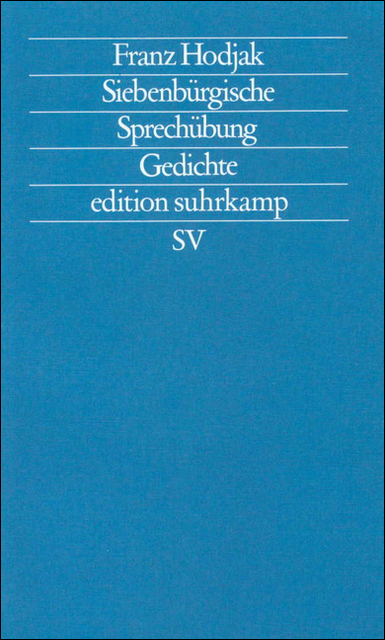
Franz Hodjak: Siebenbürgische Sprechübung, Suhrkamp 1990
© Franz Hodjak © Suhrkamp Verlag, 1999 © Thomas Hübner and Mytwostotinki, 2014-9. Unauthorized use and/or duplication of this material without expressed and written permission from this blog’s author and/or owner is strictly prohibited. Excerpts and links may be used, provided that full and clear credit is given to Thomas Hübner and Mytwostotinki with appropriate and specific direction to the original content.

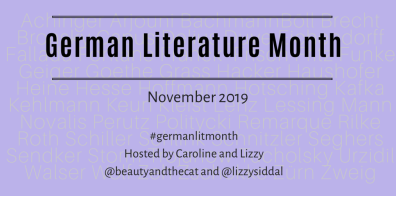
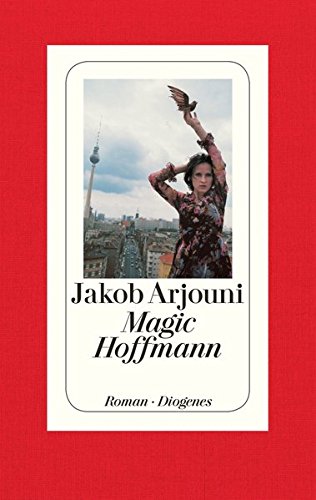
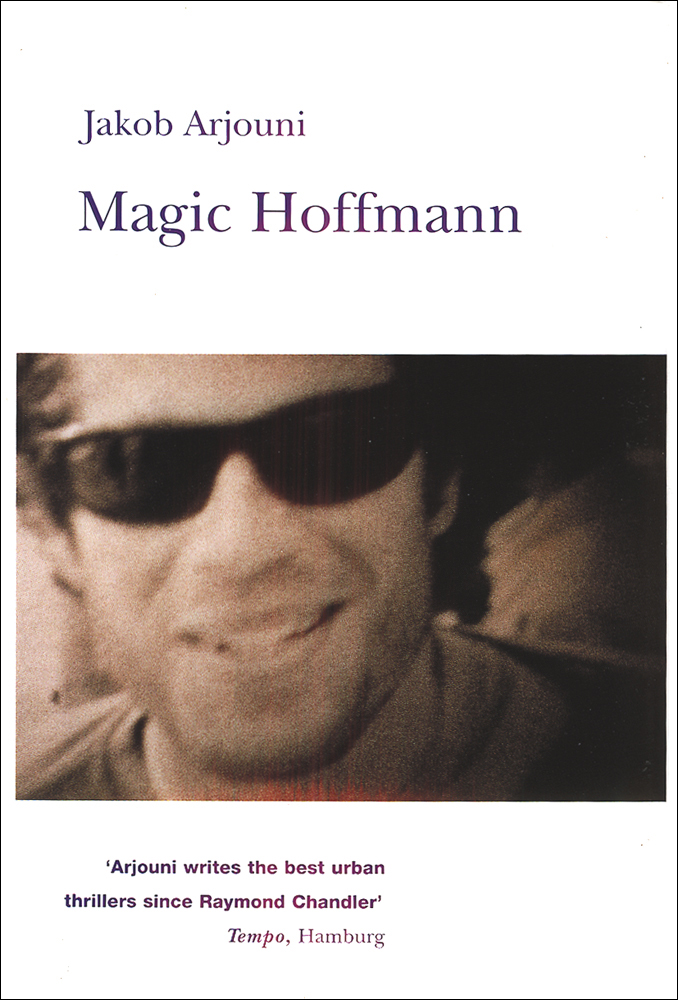



 Facebook
Facebook RSS
RSS Twitter
Twitter